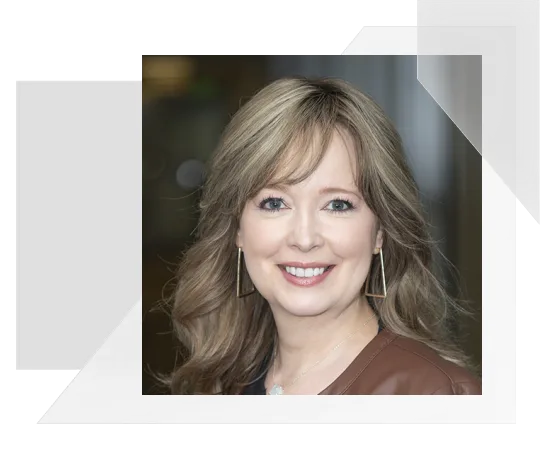Angela pioneered the application of machine intelligence to business leadership and strategy to drive more meaningful insights.
She is a highly regarded leader with more than 25 years of experience in artificial intelligence (AI) and other areas of digital technology including data and analytics, systems, platforms, privacy, and governance. Angela works with clients to implement robust and sophisticated digital solutions to enable better decision-making.
Angela specializes in technology-based transformations, including cost reduction and efficiency efforts as well as capability-building and innovation-based growth plays. Angela is a frequent speaker on the power of AI and the author of The Mathematical Corporation: Where Machine Intelligence and Human Ingenuity Achieve the Impossible, a CEO Reads Business Book Awards recommendation. She also serves on the MIT Center for Information Systems Research Data Board.



